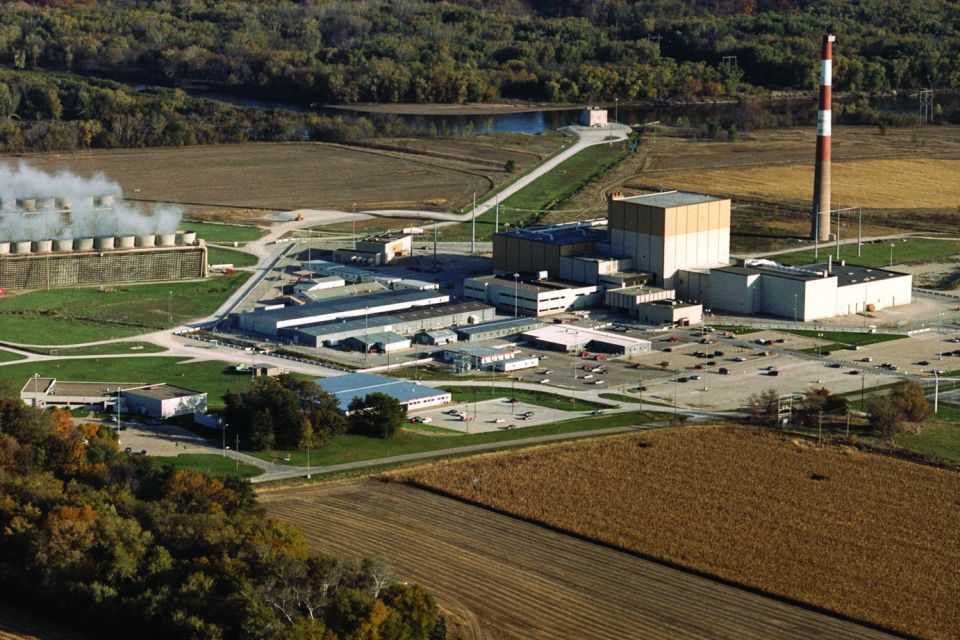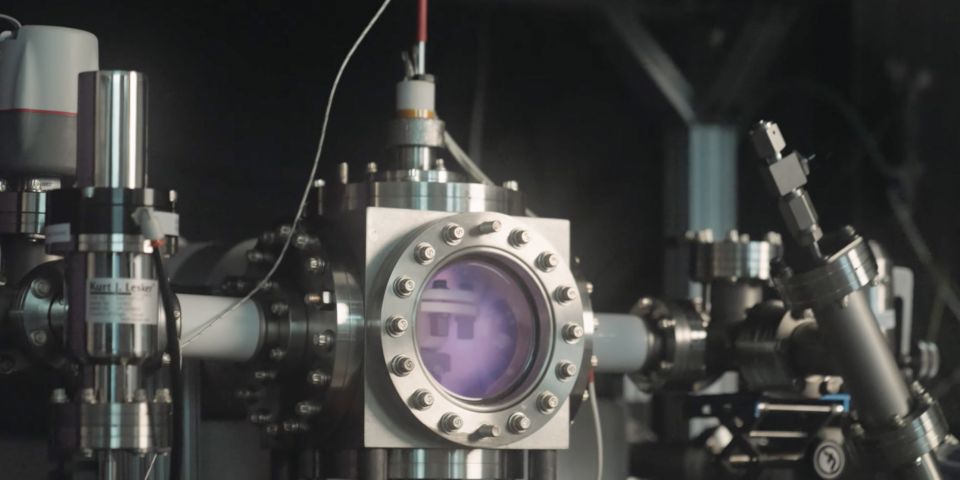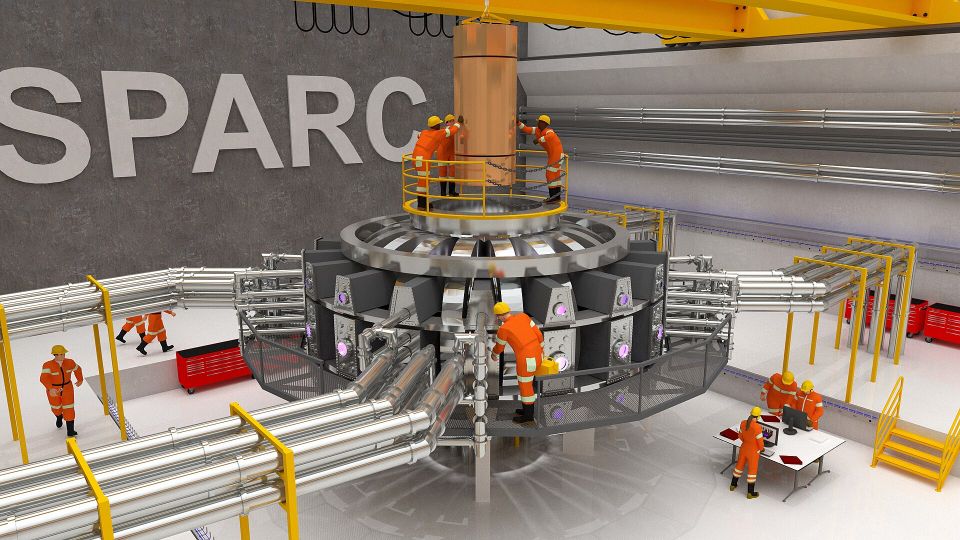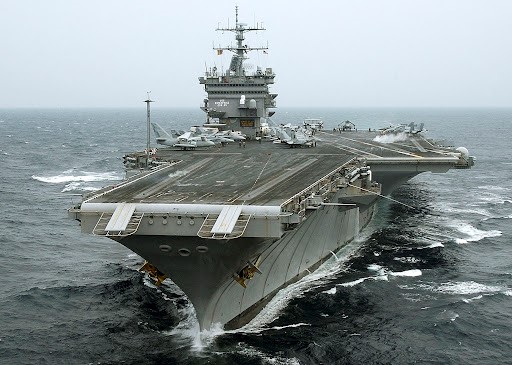U.S. Navy researchers dive into cold fusion debate
Scientists at the Naval Surface Warfare Center, Indian Head Division, have pulled together a group of Navy, Army, and National Institute of Standards and Technology labs to help try and settle the debate over low-energy nuclear reactions (LENRs), reports IEEE Spectrum, the flagship magazine of the Institute of Electrical and Electronics Engineers.
Sometimes referred to as cold fusion, the science of LENRs has been debated since 1989, when Stanley Pons and Martin Fleischmann published the results of experiments in which they claimed to have generated nuclear energy using a simple, room-temperature tabletop setup involving palladium and heavy water. Subsequent experiments by other researchers, however, failed to replicate their findings, heightening skepticism.
According to the IEEE Spectrum report, the labs will conduct experiments in an effort to establish if there is really something to the LENR idea, if it is just odd chemical interactions, or if some other phenomenon entirely is taking place in these controversial experiments.





